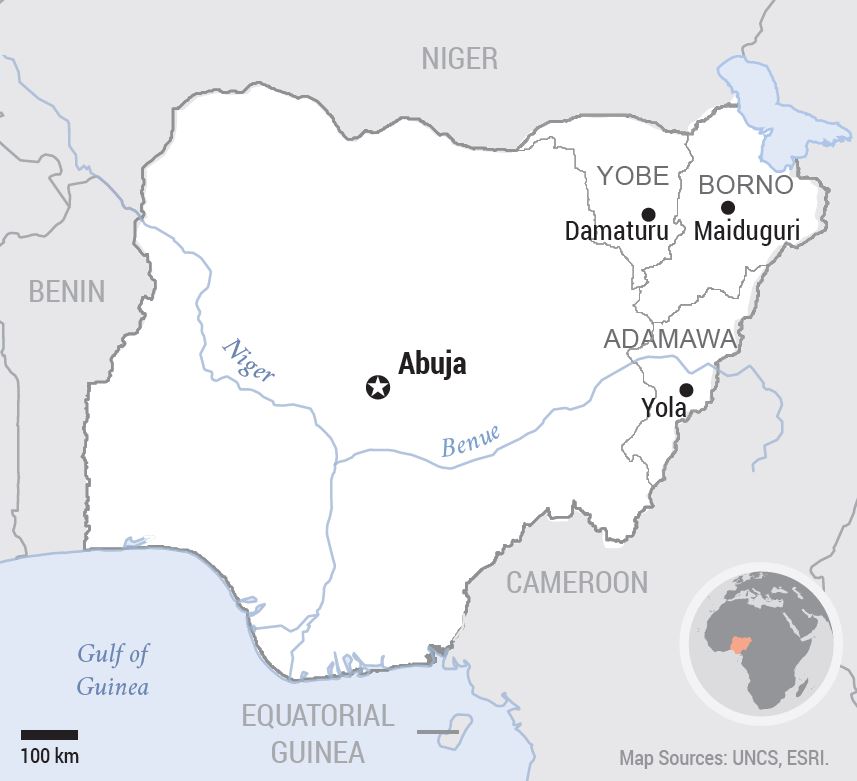Overview

Over the past two years the policy dialogue on the New Way of Working (NWOW) has gained a solid ground, with both the Federal Government of Nigeria (FGN) and humanitarian and development actors.
The need to stem the cycle of continuous humanitarian response by systematically and jointly reducing need, risk and vulnerability, with a gradual increase in resilience enhancing and development interventions, is essential in preventing the continuation of the crisis north-east Nigeria.
In August 2018, a joint OCHA-UNDP mission identified potential thematic areas for collective outcomes that humanitarian, development and other relevant actors could achieve jointly over a period of 3-5 years, in order to reduce people’s needs, risks and vulnerabilities in north-east Nigeria.
Where do we stand?
Consultations led to defining five broad areas for which collective outcomes could be articulated and achievable through interventions by both humanitarian and development actors. These areas for potential collective outcomes offer the starting point for stakeholders in Nigeria to articulate and refine concrete, measurable outcomes.
- Food Security and Nutrition: North-east Nigeria, though semi-arid, was primarily an agriculture-based economy. The combination of the displacement of the populations from their farmland with a dependence on food aid in the displaced camps and continued insecurities, means that agricultural output has been severely curtailed. This has resulted in further malnutrition, and also a dependence on food aid.
- Durable Solutions: The most visible aspect of the crisis in the north-east is the internal displacement of 1.8M people in both camp settings and among the host population, many of whom have been displaced for several years. This is in addition to another 225,000 who found refuge in neighboring countries.
- Basic Services and Local Governance: Whether IDPs are planning to integrate locally, settle elsewhere in the country or to return, it is essential to boost access to basic services to enable self-reliance. This includes ensuring the provision of essential basic services in areas of origin, in particular health, education and the provision of clean water.
- Livelihoods: Supporting communities affected by Non-State Armed Groups and preparing conditions for durable solutions will require an investment in providing sustainable economic opportunities both in the public and private sector, both in areas of displacement and IDPs’ areas of origin, including in urban and peri-urban areas.
- Reconciliation: Finally, there is a need to ensure that both the Government and the international community plays its part in repairing the social fabric of the affected communities by promoting social cohesion, reconciliation, as well as a form of transitional justice.

